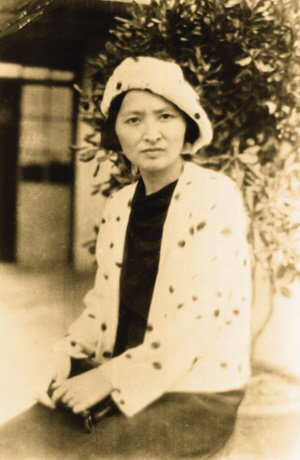Abstract
This paper argues that even though the novel and the essay were both important in representing and shaping Republican and Taishō-early Shōwa feminism, the capaciousness of the latter form allowed for more diverse manifestations of women’s everyday experiences, in terms of their navigation through different identities, cultures, and spaces. With fewer narrative and linguistic constraints, the essay genre offered women writers a more flexible medium for conveying their transnational feminist politics, enabling the exploration of different literary techniques and styles and the reclaiming of social and literary spaces. Focusing on the essays of three women writers—Chen Xuezhao, Lu Yin, and Okamoto Kanoko, this paper aims to enrich our understanding of the New Women by foregrounding their roles as cultural producers rather than subjects of representation, suggesting that women’s essays should be interpreted as living texts that reflect their emotional and embodied experiences rather than as something supplementary in comparison to other genres.

This work is licensed under a Creative Commons Attribution-NonCommercial-NoDerivatives 4.0 International License.
Copyright (c) 2024 Transnational Asia

